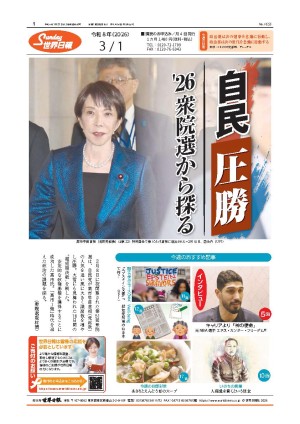「比のトランプ」が勝利確実、不安抱える米国 ’Filipino Donald Trump’ Rodrigo Duterte poised for victory as U.S. watches anxiously
フィリピンの次期大統領ロドリゴ・ドゥテルテ氏は、地方市長としてよく知られ、挑発的でぶっつけ本番の選挙キャンペーンから「フィリピンのドナルド・トランプ」と呼ばれている。国防総省はこの島国フィリピンを、南シナ海への中国の進出に対抗し、周辺地域での「イスラム国」の影響力拡大を阻止するための重要なパートナーとみている。
...【全文を読む】







